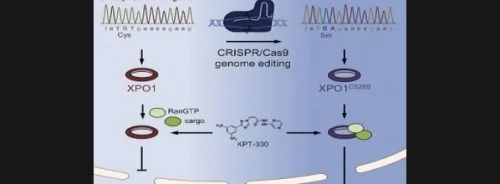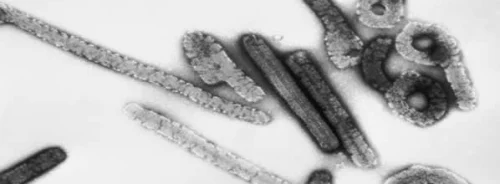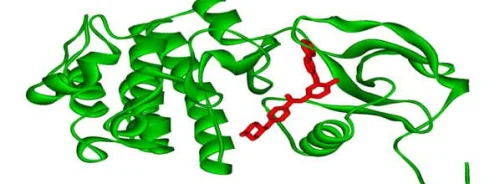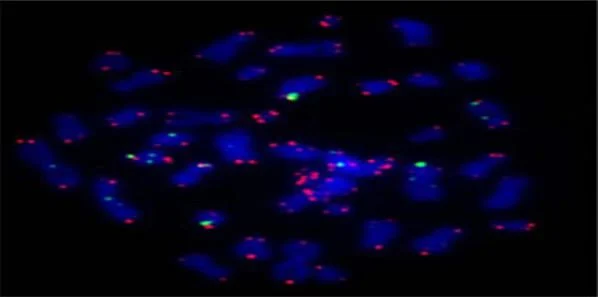According to new research published in the Federation of American Societies for Experimental Biology (FASEB) Journal, delivering modified mRNA encoding the protein telomerase reverse transcriptase (TERT) to cells extends their telomeres a finite but significant amount.
A major aspect of ageing is the shortening of telomeres over time. Telomeres serve as protective end caps for chromosomes and help keep DNA healthy and functioning as replicates. However, with each DNA replication, the telomeres become shorter and eventually reach a stage where they can no longer protect the DNA from sustaining damage and mutations. That is when we get older.
Now, researchers have taken an important step and have developed a new treatment in the laboratory that could lengthen telomeres.
According to Helen M. Blau, Ph.D., the Director of the Baxter Laboratory for Stem Cell Biology in the Department of Microbiology and Immunology at Stanford University of Medicine in Stanford, California, "In the near term, since biomedical research depends heavily on having large numbers of cells available for study, we hope that these findings will be broadly applicable in the search for treatments and cures for disease. Ultimately, we hope that these findings will help prevent, delay or treat age-related conditions and diseases, as well as certain devastating genetic diseases of inadequate telomere maintenance."
Blau and his colleagues delivered modified mRNA encoding TERT to four groups of cells. The first group received modified mRNA encoding TERT while the other three control groups received either mRNA encoding an inactive form of TERT. The study showed that the telomeres of the first group were rapidly lengthened over a period of a few days while those of the three control groups did not. In addition, the first group underwent more cell divisions while the same did not happen for the control groups. Finally, the telomeres of the first group resumed shortening after they were extended indicating that the cells were not immortalised.
The approach has been tested on different cell types including fibroblasts, myoblasts and stem cells. The research also suggests that cells can be treated several times with enhanced effects on the capacity for division.
Gerald Weissman, MD, Editor-in Chief of the FASEB Journal says that while this research is not the fountain of youth to keep us younger forever but it could be a game-changer and can help biologists understand how ageing affects the molecular machinery of cells.
Source: FASEB Journal
Image Credit: Wikimedia Commons







